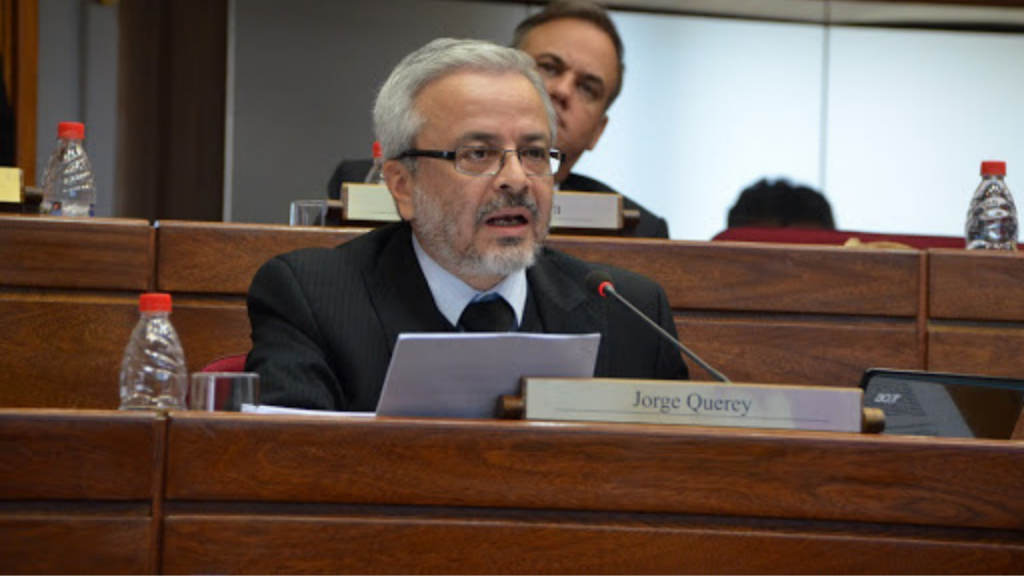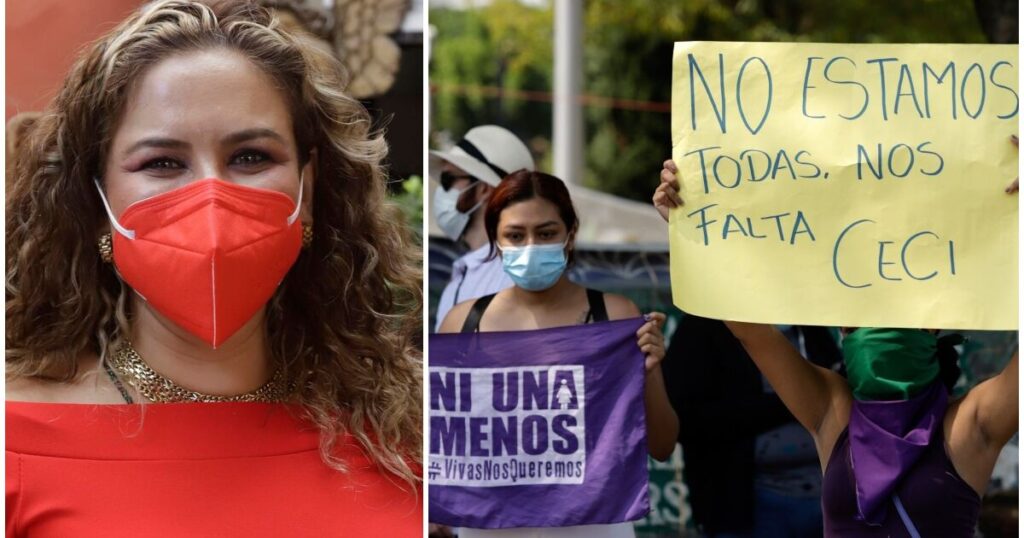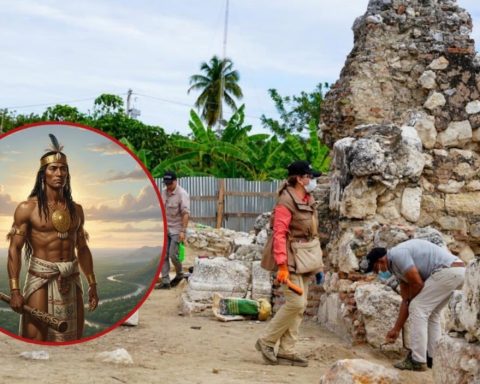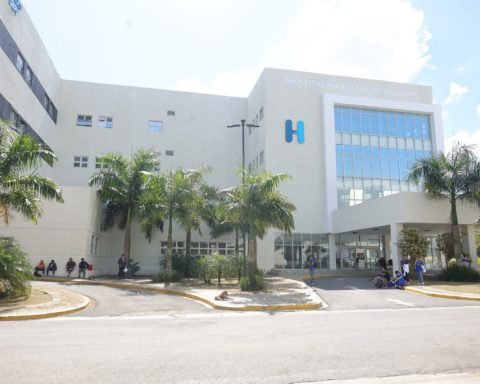Panama becomes the first country in the region to introduce the hexavalent vaccine, which provides protection against six diseases, in its national vaccination program.
Itzel de Hewitt, general coordinator of the Expanded Immunization Program of the Ministry of Health, highlighted that, with this step that began in 2004, the aim is to enrich the Vaccination Scheme to put the country at the forefront of vaccination programs in Latin America.
“The hexavalent is a combined pediatric vaccine that in a single dose protects against diphtheria, tetanus, whooping cough, poliomyelitis, hepatitis B and invasive diseases caused by Haemophilus and Influenza type B-2. We have 100,000 doses available and the tetravalent is a vaccine that includes the inactivated Polio vaccines,” Hewitt pointed out.
He also stressed that today closes with the application of the oral polio vaccine, to place the inactivated polio vaccine.
He said that this change represents an investment of 3.2 million balboas for the Panamanian State, however he assured that reinforcing the vaccination scheme in Panama “is priceless.”
In parallel, the Ministry of Health specified that a report recently published by the Pan American Health Organization (PAHO) indicated that in 2020, due to the pandemic, 2.7 million children in the region did not receive the essential vaccines to keep them healthy and that the interruption of vaccination campaigns in the last two years has set back almost three decades of processes in vaccination against polio and measles, which represents a real risk for their reintroduction.











